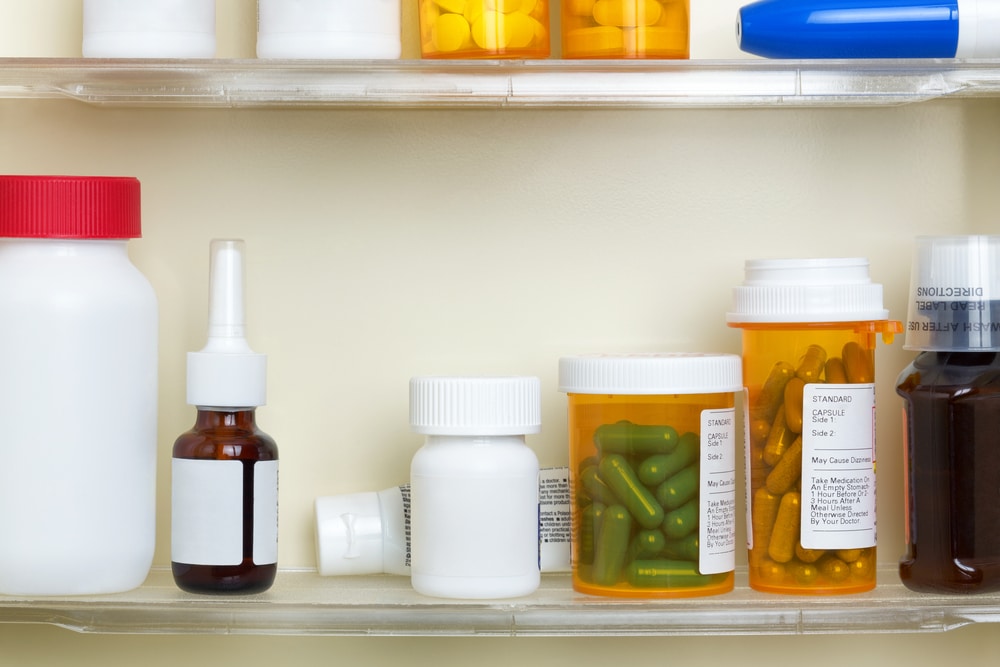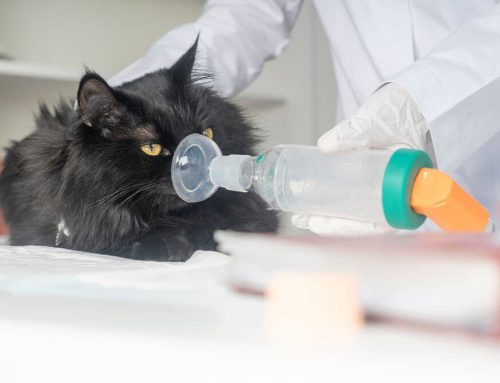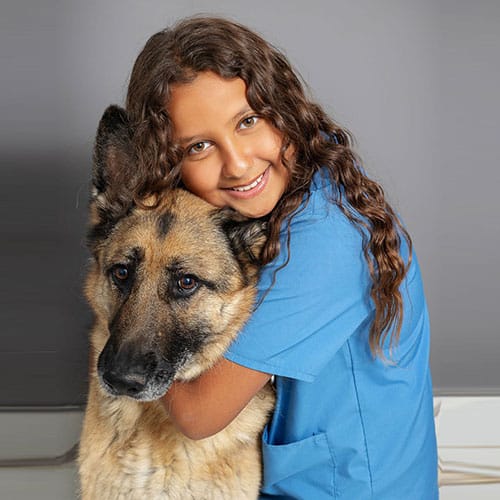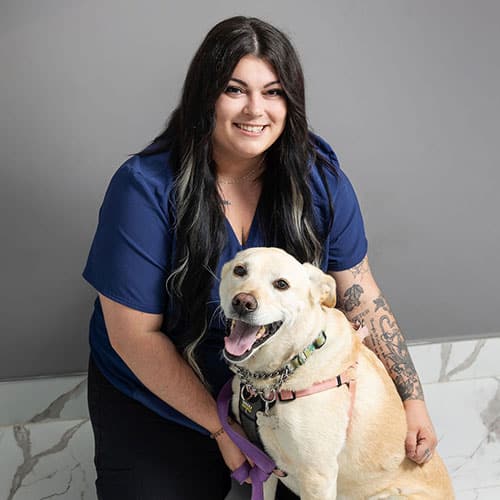Medications are necessary to treat people’s disease, decrease pain, and improve health and well-being. However, these medications are a poisoning risk to cats and dogs. Over-the-counter (OTC) and prescription medications are a top pet poisoning cause, according to the American Society for the Prevention of Cruelty to Animals (ASPCA). Therefore, learning how to protect your pet from medications is essential. Our Twin Lakes Veterinary Hospital team covers the common human medications that can be toxic to your pet and provides suggestions on how to prevent your pet from inadvertently getting into medications intended for people.
#1: Acetaminophen can be toxic to pets
While acetaminophen (Tylenol) can provide you with relief from headaches and other pain, the drug is extremely toxic to pets, especially cats. Even if your pet ingests a small dose, they can experience red blood cell damage, leading to anemia and liver failure. Pets’ acetaminophen toxicity signs include vomiting, difficulty breathing, facial and paw swelling, and lethargy. Immediate veterinary attention is crucial if you suspect your pet has ingested acetaminophen.
#2: Nonsteroidal anti-inflammatory drugs can harm pets
The nonsteroidal anti-inflammatory drug (NSAID) family comprises ibuprofen (Advil and Motrin), aspirin, and naproxen (Aleve) that can harm pets if they ingest them. NSAID poisoning signs include gastrointestinal (GI) ulcers, vomiting, bloody vomit, abdominal pain, kidney damage, and seizures. Dogs are particularly sensitive to NSAID toxicity, but cats can also experience adverse effects. In severe cases, NSAID ingestion can lead to kidney failure and death. Pet owners should never administer NSAIDs to their pets without veterinary guidance.
#3: Antidepressants can be toxic to pets
Antidepressant medications, such as selective serotonin reuptake inhibitors (SSRIs) and tricyclic antidepressants (TCAs), are increasingly common drugs used to treat anxiety, depression, and other mental health disorders. Sometimes, small doses are used to treat similar mental health disorders in cats and dogs, but only under veterinary supervision. If a pet ingests a high dose of these drugs, they can develop serotonin syndrome, a potentially life-threatening condition characterized by agitation, tremors, seizures, elevated heart rate, and high body temperature. Prompt veterinary care is essential to manage serotonin syndrome and prevent additional health complications.
#4: Stimulant medications are harmful to pets
Medications used to treat attention deficit hyperactivity disorder (ADHD) and attention deficit disorder (ADD), such as Concerta, Adderall, and Ritalin, can be highly toxic to pets if ingested. These drugs in the stimulant family can cause elevated heart rate and blood pressure, tremors, seizures, and death in pets. Pets’ toxicity signs may not be apparent initially, but they can worsen over time. Pet owners should store these medications securely out of their curious four-legged family member’s reach.
#5: Sleep aids and muscle relaxants are poisonous to pets
Many people have difficulty having a good night’s rest, so sleep aids are common in many households. Sleep medications, such as zolpidem (Ambien) and muscle relaxants, such as baclofen, can have serious, adverse effects on pets. Toxicity signs may include sedation, disorientation, difficulty walking, and respiratory depression. If your pet ingests these medications, immediately call your Twin Lakes Veterinary Hospital veterinarian for guidance.
#6: Cold and flu medications should not be given to pets
Everyone gets a sniffle from time to time, including your furry pal. However, don’t be tempted to give your pet cold and flu products because these drugs can harm them. Many cold and flu products contain pseudoephedrine, dextromethorphan, acetaminophen, ibuprofen, or a combination of these drugs that can be toxic to pets. Toxicity signs include restlessness, elevated heart rate, hyperactivity, tremors, and possibly death.
How to keep your pet safe from toxic medications

Many pet owners erroneously give their pets human medications to treat health problems, not understanding that these drugs are potentially deadly to pets. In other cases, a pet may find a pill bottle or capsule left within reach and ingest the medication. Because medication toxicity can be life-threatening to a pet, protect your furry pal by following these tips:
- Securely store medications — Store medications, including vitamins, in a secure cabinet or drawer that is off-limits to your pet. In addition, do not leave pill bottles on your nightstand, where a curious pet can access them. Finally, be careful about leaving medicines in your purse or bag unless you keep them in a closet or on a wall hook out of your pet’s reach.
- Discard medications appropriately — Discard expired medications by taking them to a local pharmacy that participates in a drug exchange program.
- Find dropped pills — Pick up dropped pills or capsules and clean up liquid medication spills.
- Keep your medication separate from your pet’s — Store your pet’s medication separately from your own to avoid accidental mix-ups.
- Consult a veterinary professional first — Always consult your veterinarian before giving your pet medication.
- Be prepared for a poisoning emergency — Save the Pet Poison Helpline number and the contact information for our Twin Lakes Veterinary Hospital team in your phone should you have questions about medication toxicity.
To keep your pet safe from medication dangers, you must stay mindful of the risks and take steps to prevent your pet from finding medications. Preventing accidental ingestion is key, and you can achieve this by securely storing medications out of your pet’s reach and promptly disposing of unused or expired drugs. If you suspect your pet has ingested something toxic, seek veterinary care at Twin Lakes Veterinary Hospital. For additional information about pet medication toxicity, contact our team.























Leave A Comment